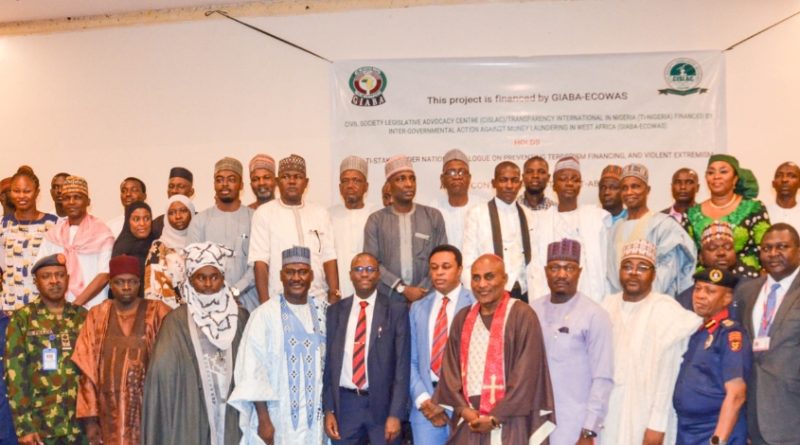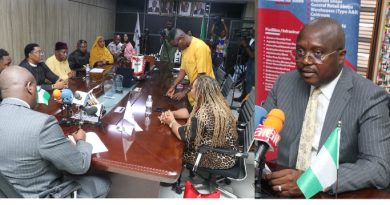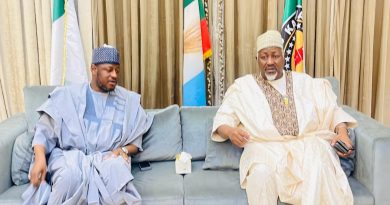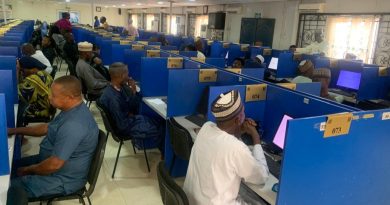CISLAC, Others Calls For Collective Measures To Combat Terrorism Financing in Nigeria.
Maryam Aminu
The dynamic nature of terrorism financing is a crucial challenge to preventive efforts.
Terrorism threatens peace and security, and our fundamental rights and freedoms. The threat today is more complex than in the past.
The Civil Society Legislative Advocacy Centre, CISLAC, and Transparency International, TI Nigeria
has therefore organized a Multi-Stakeholder Dialogue on preventing terrorism financing and violent extremism in Nigeria on Wednesday in Abuja financed by the Inter-Governmental Action Group against Money Laundering in West Africa (GIABA).
The Executive Director of Civil Society Legislative Advocacy Centre (CISLAC), Auwal Ibrahim Musa
(Rafsanjani) blamed corruption and poor governance as contributors to the problem of terrorist financing in Nigeria.
CISLAC Boss highlighted the roles of terrorism financing in sustaining terrorist groups, facilitating weapon procurement, recruitment of militants, and operational activities
Citing the 2023 Global Terrorism Index (GTI), Rafsanjani disclosed that Nigeria ranked eighth among the top 10 countries with the highest levels of terrorism worldwide.
He reiterated the need for the government to bolster border security measures to curb the inflow of funds and resources supporting terrorist activities
He further called for strict monitoring and prevention of terrorist organisations from exploiting financial institutions through illegal money exchanges.
“The finance sector has been exploited for terrorism financing. The use of the financial sector indicates the increasing capabilities of some terrorist groups,” he said.
Speaking also, the Director General Inter-Governmental Action Group against Money Laundering in West Africa (GIABA), Mr Edwin Harris, represented by the Country Head, Mr Timothy Melaye, noted that the organisation in 2018 developed a regional network to combat the challenge of terrorism financing. Adding that, the primary mandate of GIABA is to develop measures to protect the economies of member States from abuse and the laundering of the proceeds of crimes and to strengthen cooperation among its member states.
Harris reiterated the organisation’s support for initiatives countering violent extremism in Nigeria and West Africa
The Chairman of the Economic and Financial Crimes Commission (EFCC), Mr. Ola Olukoyede, highlighted legislative interventions aimed at strengthening anti-money laundering and terrorism financing frameworks.
Olukoyede emphasized the role of the Money Laundering (Prevention and Prohibition) Act and the Terrorism (Prevention and Prohibition) Act in enhancing regulatory oversight of designated non-financial businesses and professions vulnerable to terrorist financing.
Speaking further, the Chairman, Independent Corrupt Practices and Other Related Offences Commission ((ICPC) Dr. Musa Adamu Aliyu, SAN reaffirmed his organisation’s dedication to combating terrorism financing as a means to curtail illicit financial activities.
Dr. Aliyu emphasized the Commission’s role as a beacon of hope, particularly in Nigeria’s North-Eastern region.
He underscored ICPC’s relentless efforts in conveying a resolute message to the Nigerian populace, affirming its steadfast commitment to combat terrorism financing directly.




